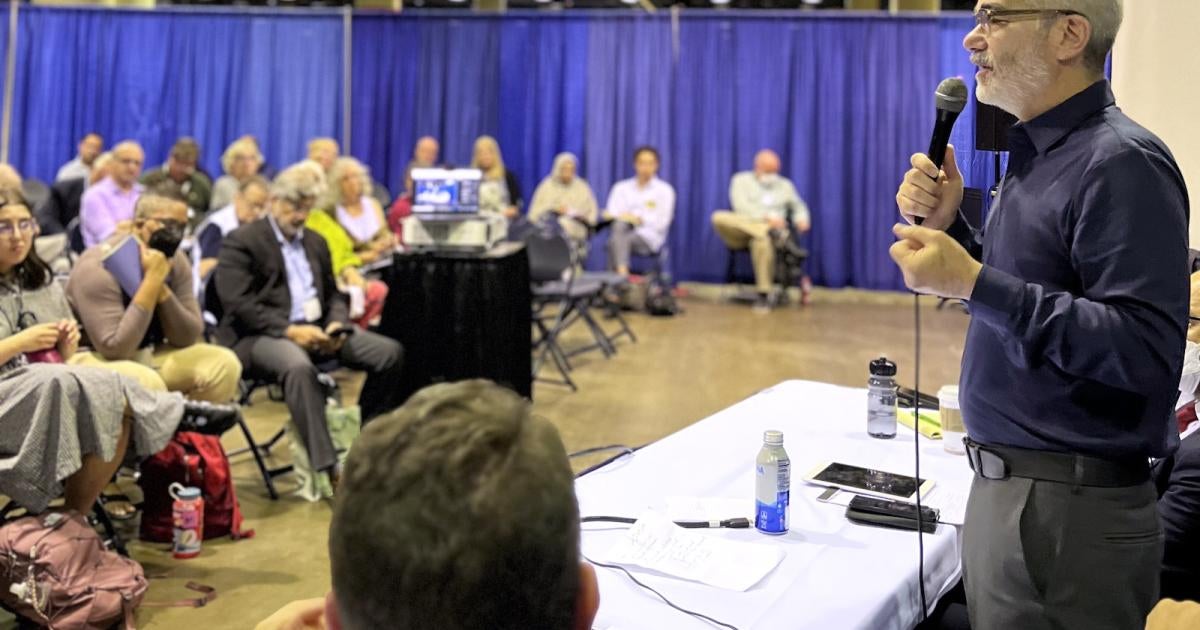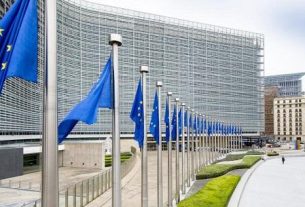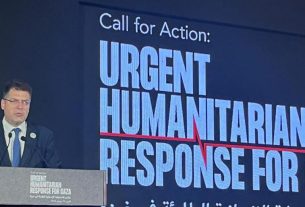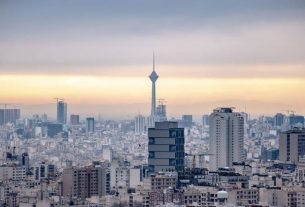At a gathering of 7,000 people of faith last week in Chicago, an important discussion took place on Israel’s apartheid against Palestinians.
The panel “Human Rights and the Crime of Apartheid in Israel/Palestine,” hosted by the Global Ministries Christian Church (Disciples of Christ) and the United Church of Christ and Human Rights Watch, occurred at the Parliament of the World’s Religions, one of the world’s largest assemblies for interfaith discourse. The parliament met this year under the theme of “A Call to Conscience: Defending Freedom and Human Rights.”
During the gathering, which brought together faith leaders from around the globe, Christians, Muslims, and Jews spoke about the lived reality of Palestinians and the importance of using a human rights framework to address the crime against humanity of apartheid and advocate for change.
Following the release in recent years of reports from leading Palestinian, Israeli, and international human rightsorganizations, a growing number of faith groups have passed resolutions naming Israel’s actions against Palestinians as apartheid. Drawing on his work with the Disciples of Christ and the United Church of Christ, which have both passed resolutions on apartheid, Peter Makari said the “church’s positions are informed by the realities our [Palestinian] partner organizations convey to us.” He noted that many Christian Palestinians have long used the language of apartheid to describe their experiences.
Discussions on Israel and Palestine are not new for many faith leaders, but their discourse has focused on the long-moribund peace process. Speaking on the importance of naming the crime of apartheid in faith spaces, Rabbi Brant Rosen of Tzedek Chicago said, “if we’re going to solve this issue together, and it’s going to be solved together, we need to name these kinds of oppressions for what they really truly are, as painful as that might be.”
“I believe that we have to graduate from interfaith dialogue into interfaith solidarity and cooperation,” said Nihad Awad, executive director of the Council on American–Islamic Relations. Holding this conversation at a prominent interfaith gathering is a step in that process.
As Jonathan Kuttab, a Christian Palestinian leader, said, “Our goal should be to work for genuine equality, human rights, and full dignity to all the people living between the [Jordan] river and the [Mediterranean] sea—Palestinian Arabs and Jewish Israelis alike.”



